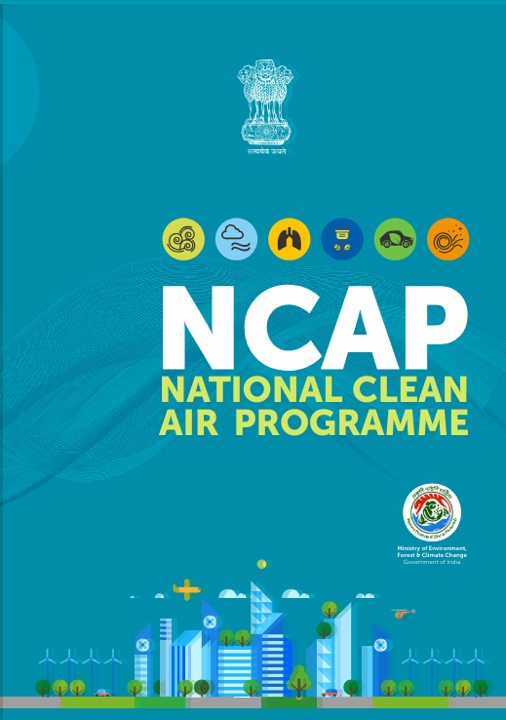Air pollution remains a critical global challenge, significantly impacting millions of lives worldwide. In a significant step towards addressing this issue, researchers from the Indian Institute of Technology (IIT) Jodhpur have published groundbreaking research in the journal Nature Communications.

Utilising advanced aerosol mass spectrometry techniques and data analytics, this study explores the sources and composition of particulate matter (PM) in Northern India, particularly highlighting the health hazards associated with air pollution.
The research addresses three critical scientific questions, providing valuable insights for Indian policymakers to devise data-driven, effective mitigation strategies under the ongoing National Clean Air Programme (NCAP): Fine PM (PM2.5) Source Identification and Contribution, Distinction Between Directly Emitted and Atmospherically Formed PM and Correlation of PM Harmfulness with Sources.
Conducted at five sites across the Indo-Gangetic Plain, both within and outside Delhi, the research found that despite uniformly high PM concentrations across the region, the chemical composition varies significantly due to local emission sources and formation processes.
This study reveals that merely reducing overall PM mass won’t mitigate health impacts; addressing inefficient local combustion processes, such as biomass and fossil fuel burning, including traffic exhaust, is crucial. Indian PM2.5 has up to five times the oxidative potential of PM in Chinese and European cities.
Addressing India’s air pollution crisis requires collaboration among local communities and stakeholders, along with significant societal changes, particularly in densely populated urban areas like Delhi, Dr Deepika Bhattu emphasises.
Moving forward, concerted sustainable efforts are needed to promote cleaner energy sources, improve combustion efficiency, and reduce emissions from transportation, especially from outdated, overloaded, and inefficient vehicle fleets and unauthorised ‘jugaad’ vehicles.
“Our study provides valuable insights for evidence-based policies and interventions aimed at safeguarding public health and the environment for future generations. Prioritising mitigation strategies based on the most significant health impacts, particularly targeting local inefficient combustion processes, is essential in Northern India,” concludes Dr Bhattu.
The Technology Assessment Cell under the National Clean Air Programme (NCAP) is dedicated to evaluating and assessing new technologies with a global perspective. This approach stems from the belief that technological advancements should benefit the broader world, not just scientific experts.
In the context of air pollution prevention, control, and mitigation, technology assessment is crucial. It involves a comprehensive cost-benefit analysis that takes an interdisciplinary approach to address air pollution effectively, preventing potential negative impacts from the commercialisation of new technologies.
The envisioned role of the Technology Assessment Cell is to evaluate key technologies aimed at preventing, controlling, and abating pollution. This includes focusing on both indigenous and international monitoring and abatement technologies. Current technologies in air pollution range from engineering and chemical solutions to various sustainable biological methods, including plantation technologies.
Additionally, the cell will play a crucial role in evaluating technologies and devising mechanisms for technology transfer under various bilateral and multilateral agreements. The facilitation of technology induction and transfer will be supported by time-bound goals for indigenisation and local manufacturing.
Appropriate bilateral and multilateral cooperation programmes for sharing technologies and securing funding will be developed. Participation in international partnerships will be explored where necessary to enhance the effectiveness of air pollution control strategies.
India is eager to deploy cutting-edge technology, including AI and data analytics, to enhance air quality management and mitigate the pollution. By leveraging these advanced tools, the nation aims to implement more effective and efficient strategies for monitoring, controlling, and improving air quality across the country.




















